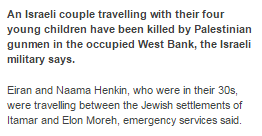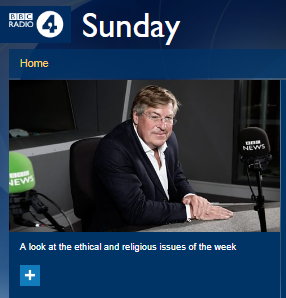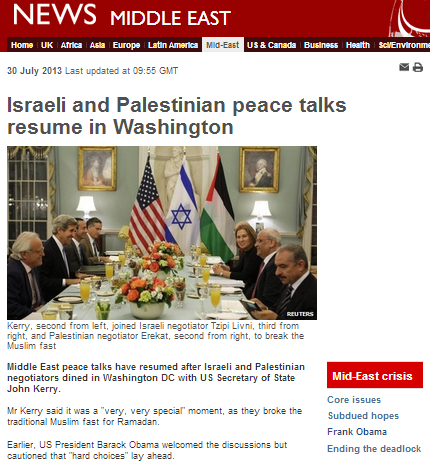Last November we noted that the commander of COGAT, Maj. Gen. Yoav Mordechai, had written to several international bodies warning of a potential water crisis in the Gaza Strip in the summer of 2017.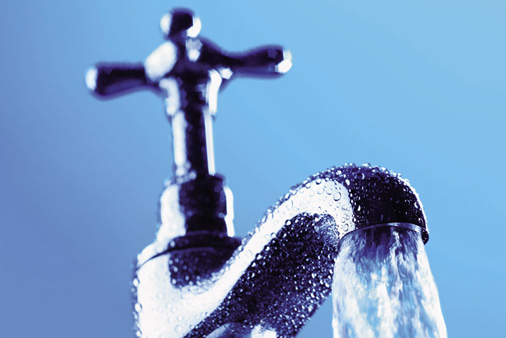
In January we noted that the BBC had not reported the opening of a desalination plant (constructed by the EU and UNICEF) in the Gaza Strip.
“It is the Hamas-ruled territory’s second and largest desalination plant. While it will not solve Gaza’s water woes, officials say the project marks an important step. […]
The European Union says it invested 10 million euros, or $10.6 million, in building the plant with UNICEF. It has pledged a similar amount for a second phase meant to double capacity by 2019.”
However, it turns out that the desalination plant is not functioning and, as reported by the Times of Israel, COGAT has once again called on international bodies for help.
“In a letter sent last week to representatives of the international community in Israel and to the Foreign Ministry, Maj. Gen. Yoav Mordechai, who heads COGAT, warned that the Strip’s aquifer has been destroyed by years of excessive pumping and an estimated 96 percent of water in the enclave is now unfit to drink. It is the second such warning Mordechai has issued in the past six months.
To improve the situation, Israel supports the establishment of desalination plants, he said. In January a UNICEF team finished construction of a desalination plant in Khan Younis with a production capacity of 6,000 cubic meters of water per day — enough for 75,000 people.
However, according to Mordechai, the Hamas terror group, which rules the Strip, won’t allow the plant to be connected to the electric grid.” [emphasis added]
Only last month the BBC found it appropriate to provide unchallenged multi-platform amplification for water-related propaganda promoted by the PA’s Husam Zomlot:
Zomlot: “Steve, the whole situation here is that of a system of entitlement. These people – some people in Tel Aviv right now – the government, the Right-wing extreme government, wants to keep a system whereby there is a group that are privileged as per these numbers. It’s our own water that they consume, most of it. Some groups that are privileged and others that are disprivileged [sic] and discriminated whether by means of occupation or by means of colonisation or by means of apartheid.” [emphasis added]
Significantly, BBC audiences have not been informed of Israel’s actions to ease the water crisis in the Gaza Strip – and the lack of effort on the part of Hamas and the PA.
“A second desalination plant is in its planning stages and Israel supports the construction of a third, larger plant in Deir al-Balah, but only part of the money has been raised by the international community.
Until those plants are completed, Israel has offered to double its supply of water to Gaza, from 10 million cubic meters per year to 20 million. However, Mordechai told Army Radio that the Palestinian Authority, headed by Mahmoud Abbas, is not rushing to implement the offer.” [emphasis added]
In addition to water, the topic of the electricity supply in the Gaza Strip is also serially misrepresented in BBC reporting. From the same Times of Israel report we learn that: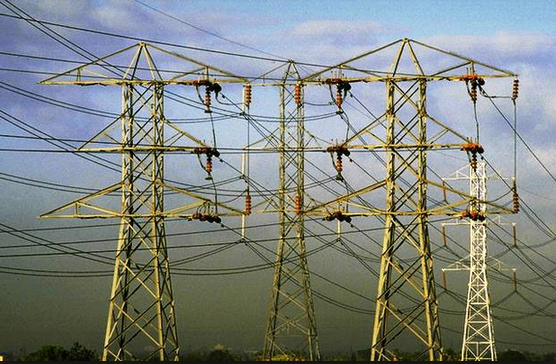
“The water shortage is compounded by the ongoing electricity crisis in the Gaza Strip. The energy shortfall is an estimated 200 megawatts a day. Israel currently provides 60% of the electricity for Gaza, a power plant in the Strip provides some 30% and Egypt provides the remaining 10%. […]
Israel has approved the construction of another high-voltage power line to Gaza, which could provide an additional 100 megawatts of energy. This will take a few years to complete and is intended to provide power to the desalination plants.
Additionally, in September 2015, Israel approved construction of a natural gas pipeline to the Strip which could provide cheap, efficient energy to the Palestinian population. However, the PA has yet to sign a deal with any gas supplier.” [emphasis added]
If a serious water shortage does occur in the Gaza Strip this coming summer, BBC audiences will lack accurate and impartial background information essential for proper understanding of the causes of the crisis.
Related Articles:
Why BBC audiences need an impartial explanation of water issues
BBC News ignores two water-related stories
BBC’s sketchy reporting on Gaza power crisis highlighted
BBC News again avoids telling audiences real reasons for Gaza power crisis

